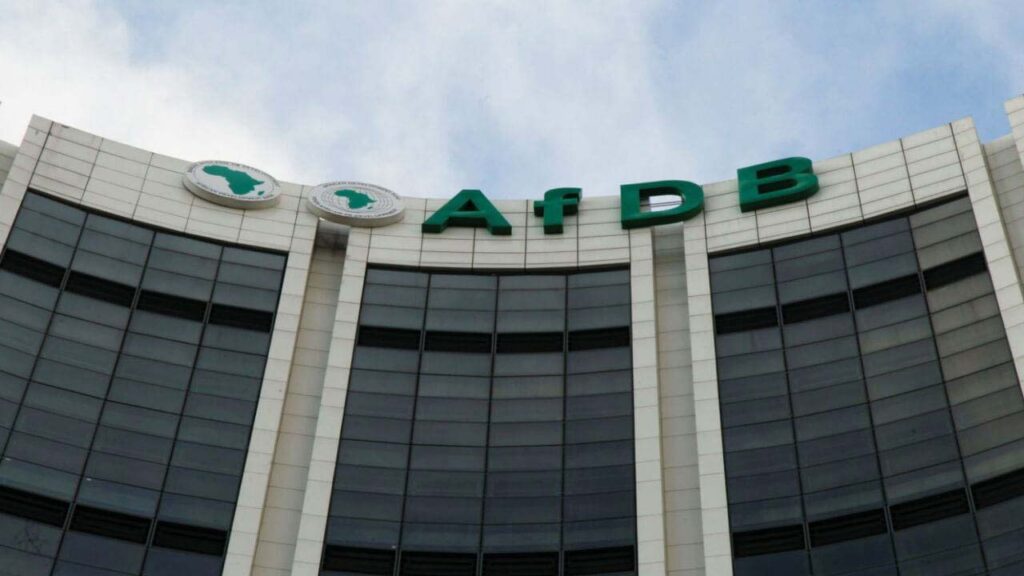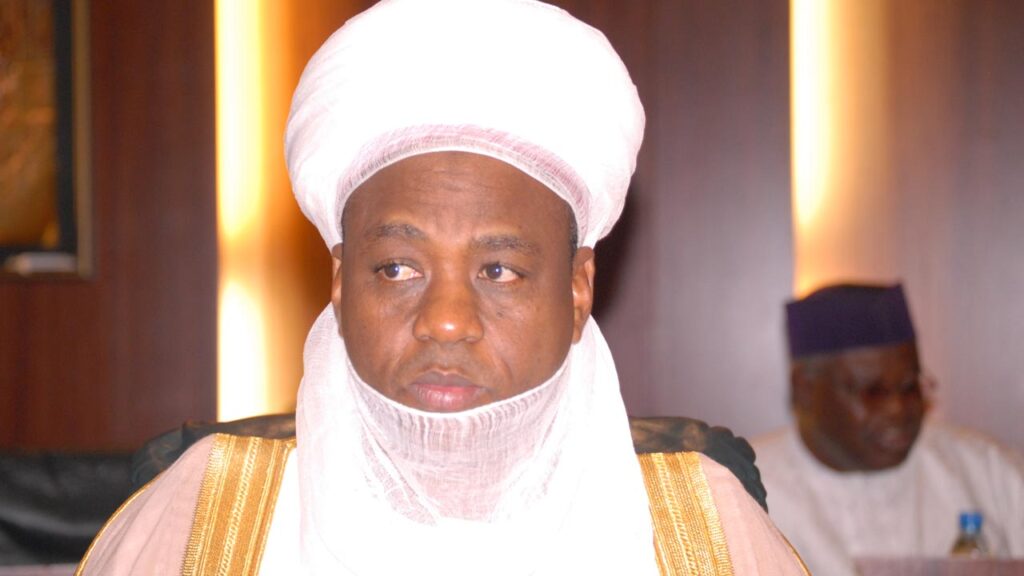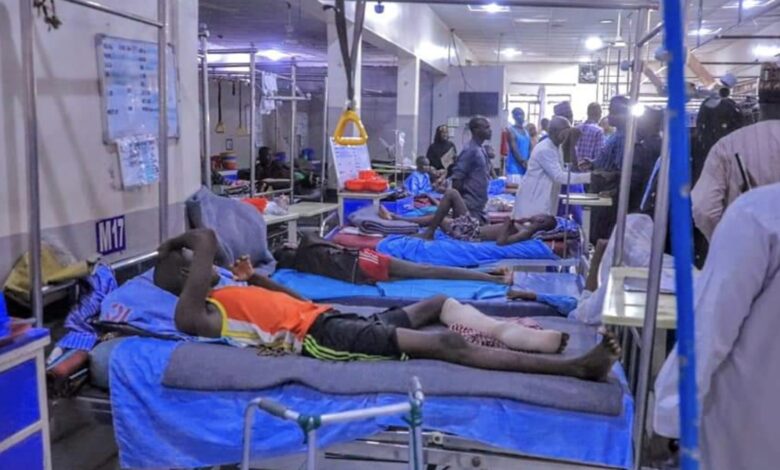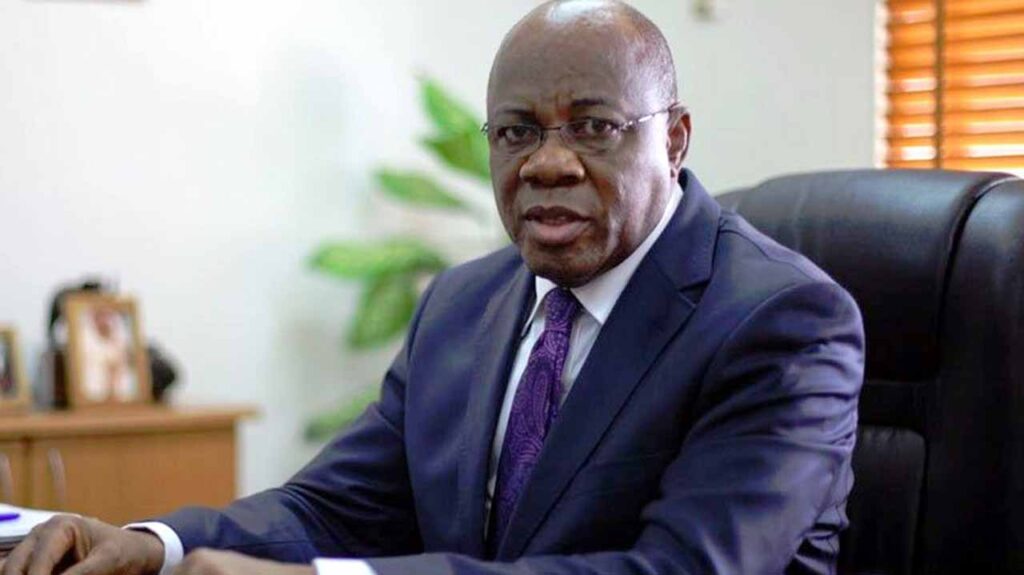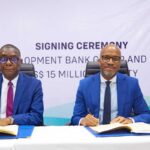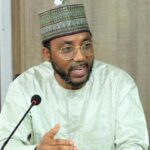
The Federal Government is partnering African Development Bank (AfDB) and other development stakeholders to accelerate hydropower development across the country.
The initiative aims to establish a robust foundation for sustainable energy growth and economic prosperity. At the World Hydropower Outlook Summit in Abuja, with the theme, ‘Advancing Sustainable Growth, Hydropower Africa’, yesterday, Minister of State for Water Resources and Sanitation, Muhammad Goronyo, underscored the multifaceted benefits of hydropower.
The benefits, the minister said, include its potential to drive economic expansion, improve electricity accessibility and foster social progress throughout Africa.
Goronyo also emphasised the pivotal role of dependable energy in spurring industrialization and economic development, reaffirming the government’s commitment to optimising efficiency in electricity generation, transmission and distribution through the effective operation of hydropower infrastructure across Nigeria. He revealed the identification of hydropower sites capable of generating approximately 14,000 megawatts of electricity.
Reiterating the ministry’s dedication to enhanced power generation capacity through the concession of key hydropower dams such as Gurara, Kashimbilla and Dadin-Kowa, Goronyo emphasised the importance of conducting thorough Environmental Impact Assessment (EIA)
stakeholders meaningfully to address the potential ecological and social issues of hydropower projects .
Goronyo also emphasised the need for Africa to leverage hydropower opportunities while prioritising energy security and environmental sustainability. Minister of Power, Adebayo Adelabu, highlighted Tinubu’s significant strides in empowering the power sector through the enactment of the Electricity Act of 2023.
He stated, “This legislation, shifting power control to the Concurrent List, lays the groundwork for Nigeria to achieve Sustainable Development Goal (SDG) 7 through the National Policy and Strategic Implementation Plan.”
Adelabu reiterated the government’s commitment to achieving sustainable energy for all by 2030, aiming to provide 30 gigawatts of electricity, with 30 per cent sourced from renewable energy, including hydro, solar and wind.
The power minister highlighted government’s collaboration with the World Bank on the Sustainable Power and Irrigation in Nigeria (SPIN) project. Director of Information and Public Relations of the ministry, Funmi Imuetinyan, stated, yesterday, that the initiative “seeks to optimise existing water storage for both irrigation and hydropower generation,” to promote integrated water resources management nationwide.

